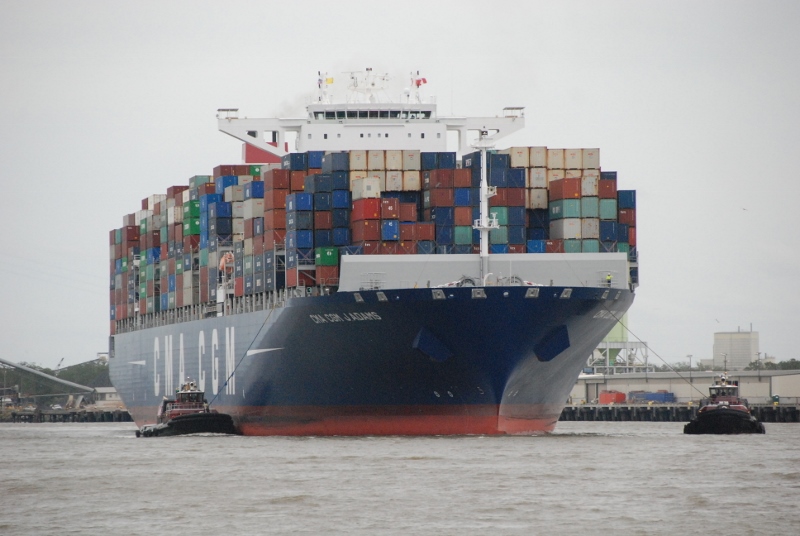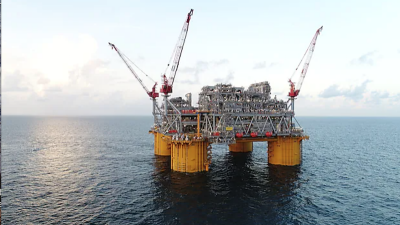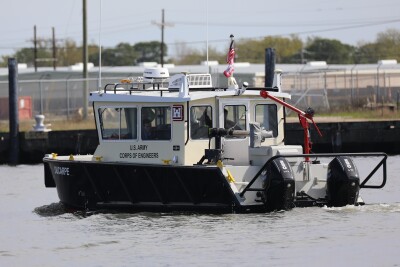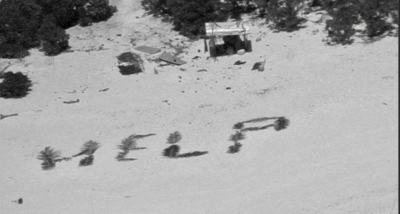As Congress moves closer to providing a second Covid-19 relief package, the maritime industry is asking for $3.5 billion in emergency funds to help the maritime transportation system pay the high costs of moving commerce and keeping workers safe during the pandemic.
In letters this week to congressional leadership and Treasury Secretary Steven Munchin, associations representing the maritime trades said the industry has “encountered significant hardships” and “unique and unexpected challenges” as it works to move food, medical equipment and other essential goods through the transportation supply system.
The pandemic, the letter said, has hit the industry hard. Commercial cargo has plummeted, with total waterborne trade volume down 6.3% compared to last year, while the value of this trade dipped by 14% to $200 billion. Passenger vessel traffic has virtually halted. In the meantime, expenses have increased due to new safety protocols and precautions. The letter was signed by the American Waterways Operators (AWO), the American Association of Port Authorities (AAPA), and the Passenger Vessel Association (PVA), among others.
The first coronavirus relief bill passed in the early days of the pandemic largely bypassed the maritime industry despite its important role in supplying vital goods. Without federal aid this time, the maritime industry will face many challenges in continuing operations “at the high level that Americans have come to depend on,” the letter said.
The industry suggests that the emergency funds be directed through the Maritime Transportation System Emergency Relief Program, which would authorize the Maritime Administration to provide grants to offset the costs of Covid-related expenses. That program, crafted by Reps. Peter DeFazio, D-Ore, and Patrick Maloney, D-N.Y., is part of the National Defense Authorization Act (NDAA) and is awaiting final approval in Congress, expected on Monday.
According to the legislation, vessel owners and ports would be able to apply for grants through Marad to help pay Covid-related costs. This could include emergency response, cleaning, sanitation, janitorial services, staffing, workforce retention, paid leave, purchasing PPE, debt service payments, infrastructure repair projects, fuel and other operations as determined by the Secretary of Transportation. Tug and barge operators that have been impacted by Covid-19 related costs would be eligible for the grants, according to Craig Montesano, vice president of legislative affairs at the AWO.
While there has been a resurgence of trade at some of the nation’s largest container ports, most ports “are still suffering financially, particularly those that handle non-containerized goods, like steel, grain and other bulk commodities,” Christopher Connor, president of AAPA, said in a statement.
“The relief we’re seeking is about ensuring ports and other maritime transportation businesses are able to keep pace with the accelerating costs of protecting their workers while keeping their workforce employed, and maintaining a state of readiness so they can significantly aid in the nation’s eventual economic recovery,” he added.





